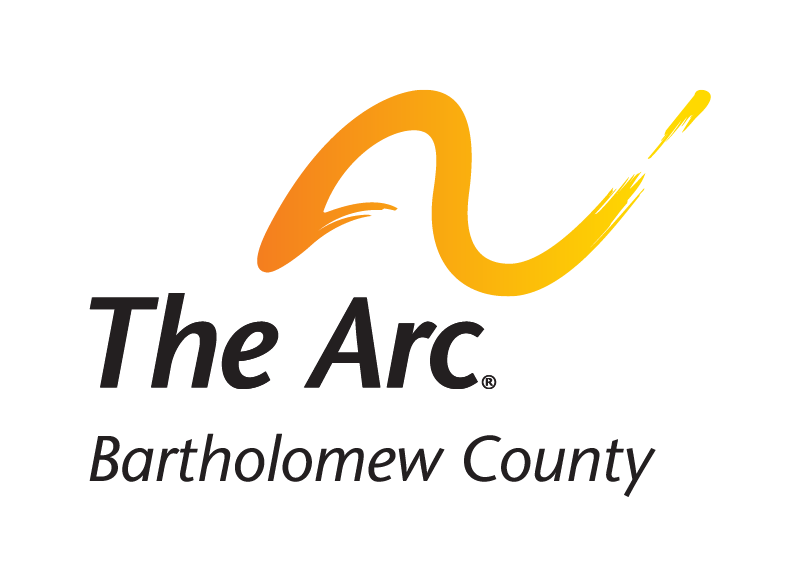Resources & Tools
At The Arc of Bartholomew County, we make it a priority to offer information regarding necessary and beneficial resources to invidiuals with intellectual and developmental disabilities (as well as their caregivers and families) in our community.
The links below provide detailed information about resources available to you at each stage of life from birth through adulthood.
There’s also information about government programs like Supplemental Security Income (SSI), Social Security Disability Insurance (SSDI),
Our Disability Community Resource List was created for individuals in Bartholomew County (and the surrounding areas) and provides contact information and descriptions of many organizations that offer support and services that are necessary and relevant to disability care.
Categories of resources include:
Advocate Groups/Support Networks, Home Health Care Providers, Waiver Resources/Case Management, Service Providers, ABA Therapy Providers, Future Planning, Job Placement Services, Recreation / Social Activities, Lawyers with Experience in Disability Matters, Resource Providers, Financial Planning, & City/County Resources
Search for Resources & Tools
If you’re looking for something specific, please use the search bar below:
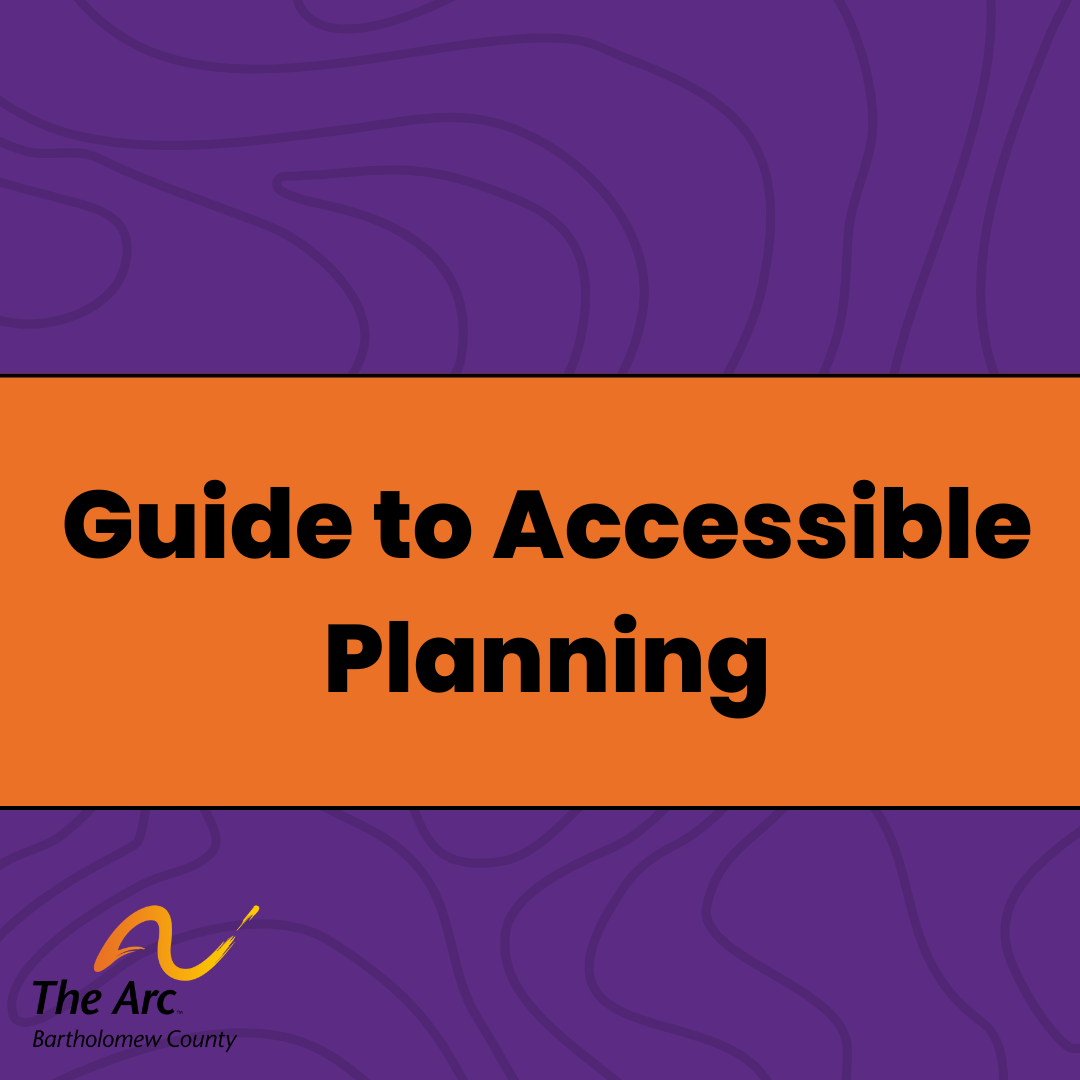

Guardianship & Alternatives
Guardianship is a powerful tool which removes the legal right of individuals to make decisions for themselves. The structure of guardianship can be limited to specific areas or apply broadly. In Indiana, most guardianship agreements are called plenary guardianship, the broadest form of guardianship.
Becoming a guardian includes many responsibilities that differ from the parent-child relationship in important ways. Obtaining guardianship requires going to court and, if a guardian is required, the guardianship agreement continues even after the guardian dies.
It's a serious commitment to create and maintain the status of guardian. Narrower tools, like limited power of attorney and health care representative agreements, might meet the protected person's needs better than a guardianship agreement and allow for greater self-determination.

Caregiver & Future Planning
Thank you for being a caregiver! We know it can be a lot to manage. So we put together this binder to help you gather all the moving pieces.
Work together with family and friends of the person you care for to fill out these essential forms.

Applied Behavior Analysis (ABA)
Applied Behavior Analysis (ABA) is a scientific approach to behavior modification. ABA takes a detailed view of behavior and helps the learner develop skills to achieve desired outcomes through behavioral improvements. Understanding why a client acts in a certain way allows the behavior analyst to apply strategies to replace less-appropriate behaviors with more appropriate behaviors.
The behavior analyst supports the client in building a variety of skills, like communication and daily living skills, with an ultimate goal of improved self-determination and happiness. While commonly associated as a supportive tool for individuals with autism spectrum disorders, ABA can be useful for other learners, too. ABA is also helpful for learners of a wide range of ages, from adolescents to adults.

Medicaid and Medicaid Waivers
Hoosiers, across a wide range of ages and income levels, may be eligible for medical benefits through Medicaid and Medicaid Waivers. While Indiana's Medicaid and Medicaid Waiver programs can feel complicated, using the information found in this article, you’ll gain an understanding of what these programs are, how you can apply for benefits, and much more.
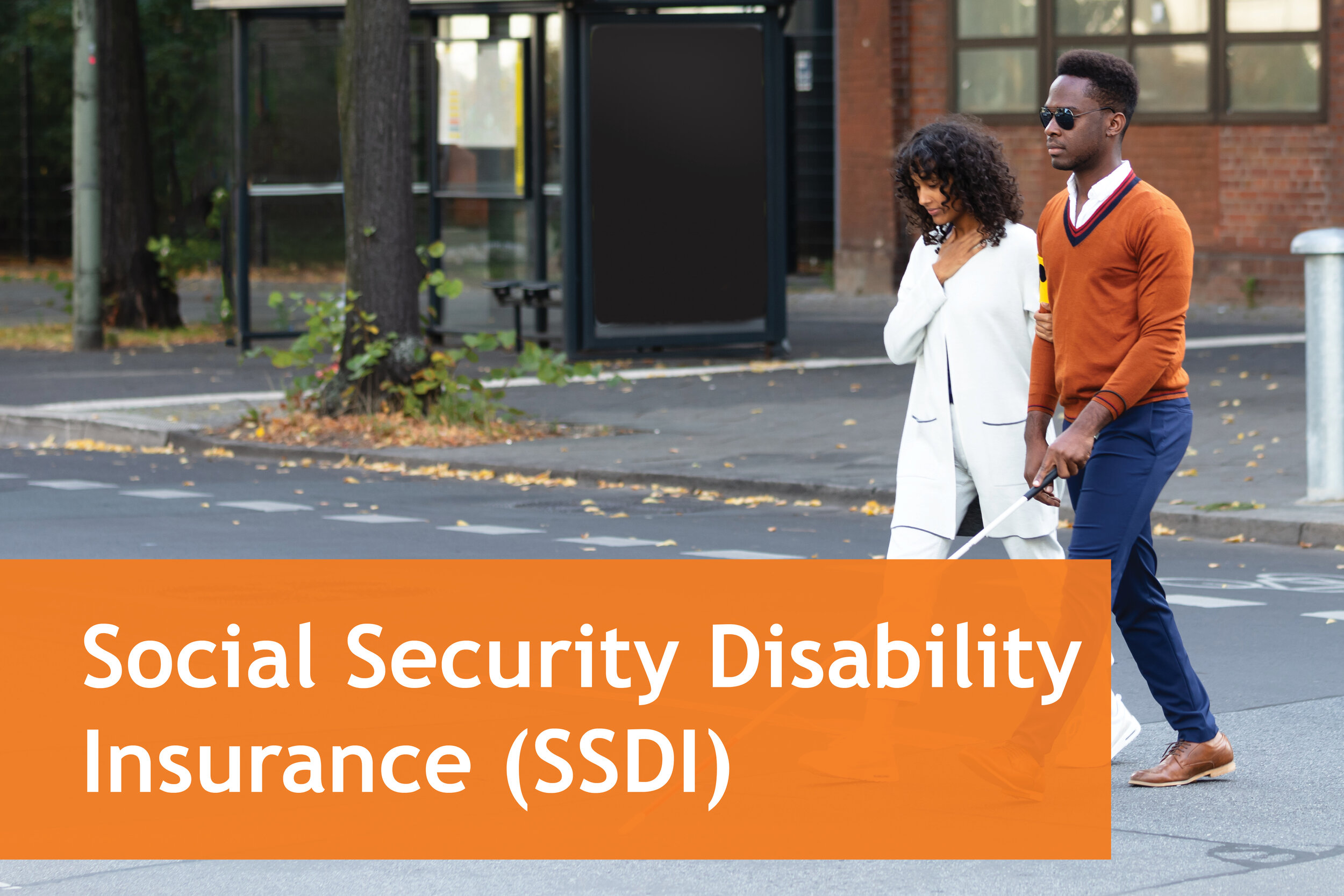
Social Security Disability Insurance (SSDI)
Social Security disability insurance (SSDI) is a Social Security Administration (SSA) benefit program that provides monthly income for people who've worked for a period of time and become disabled. The program can also provide benefits for the recipient’s children and grandchildren, if the recipient is currently receiving benefits from the SSA, including Social Security retirement benefits.
There are work incentives programs included in the program to help individuals who become disabled return to the workforce. These incentives allow a person to continue receiving benefit payments for several years while they find a work situation that provides a large enough income to replace their disability benefits.
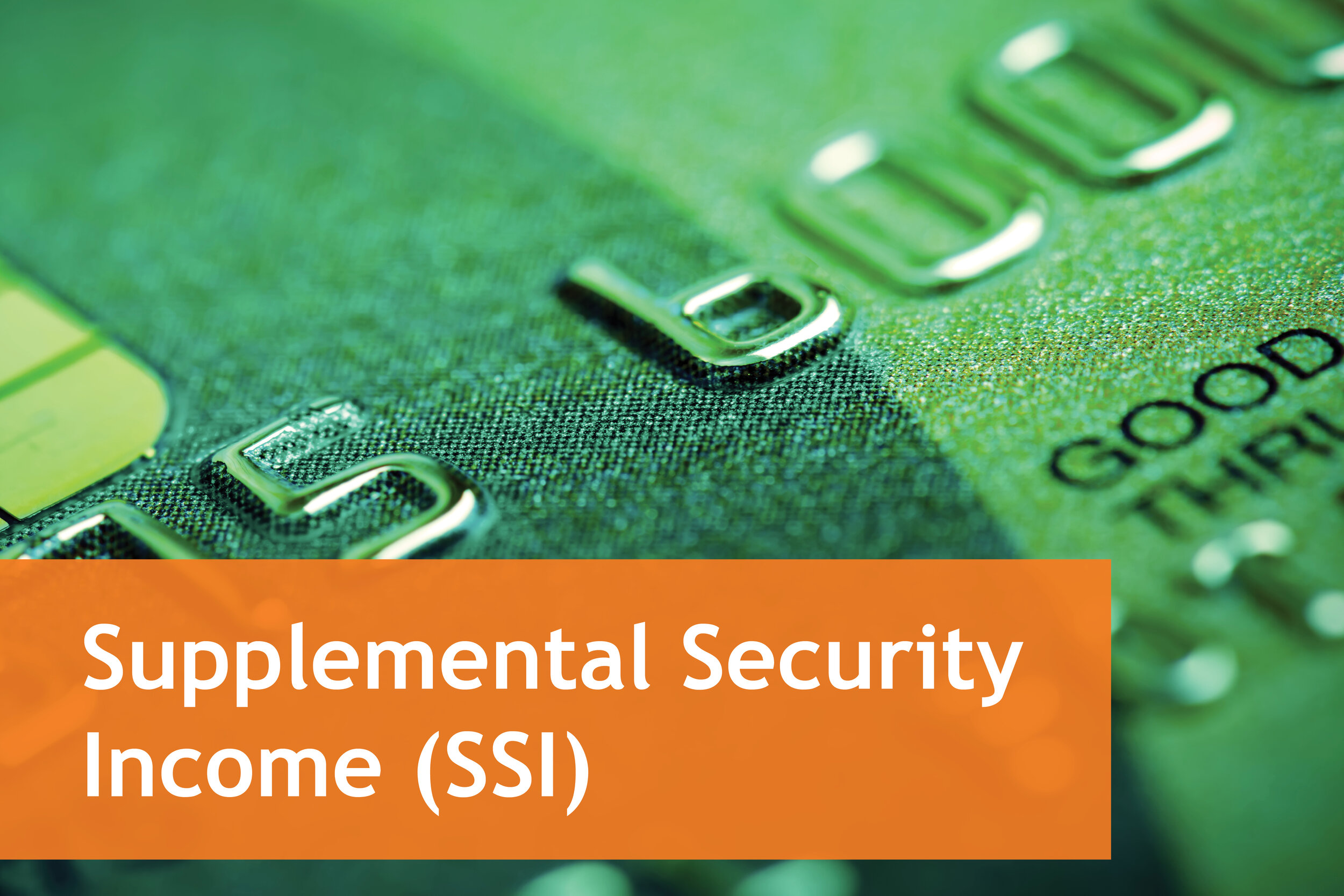
Supplemental Security Income (SSI)
Supplemental Security Income (SSI) is a Social Security Administration (SSA) benefit program that provides monthly income for low-income individuals who are blind, disabled, or over 65 years old. Eligibility for SSI includes rules based on how many assets you own as well as the income you earn.
SSI benefits are paid monthly through a direct deposit in a bank account the beneficiary owns. Beneficiaries can also receive benefits through a Direct Express® Debit MasterCard® account which doesn’t require a bank account but allows you to access your benefits with a debit card.
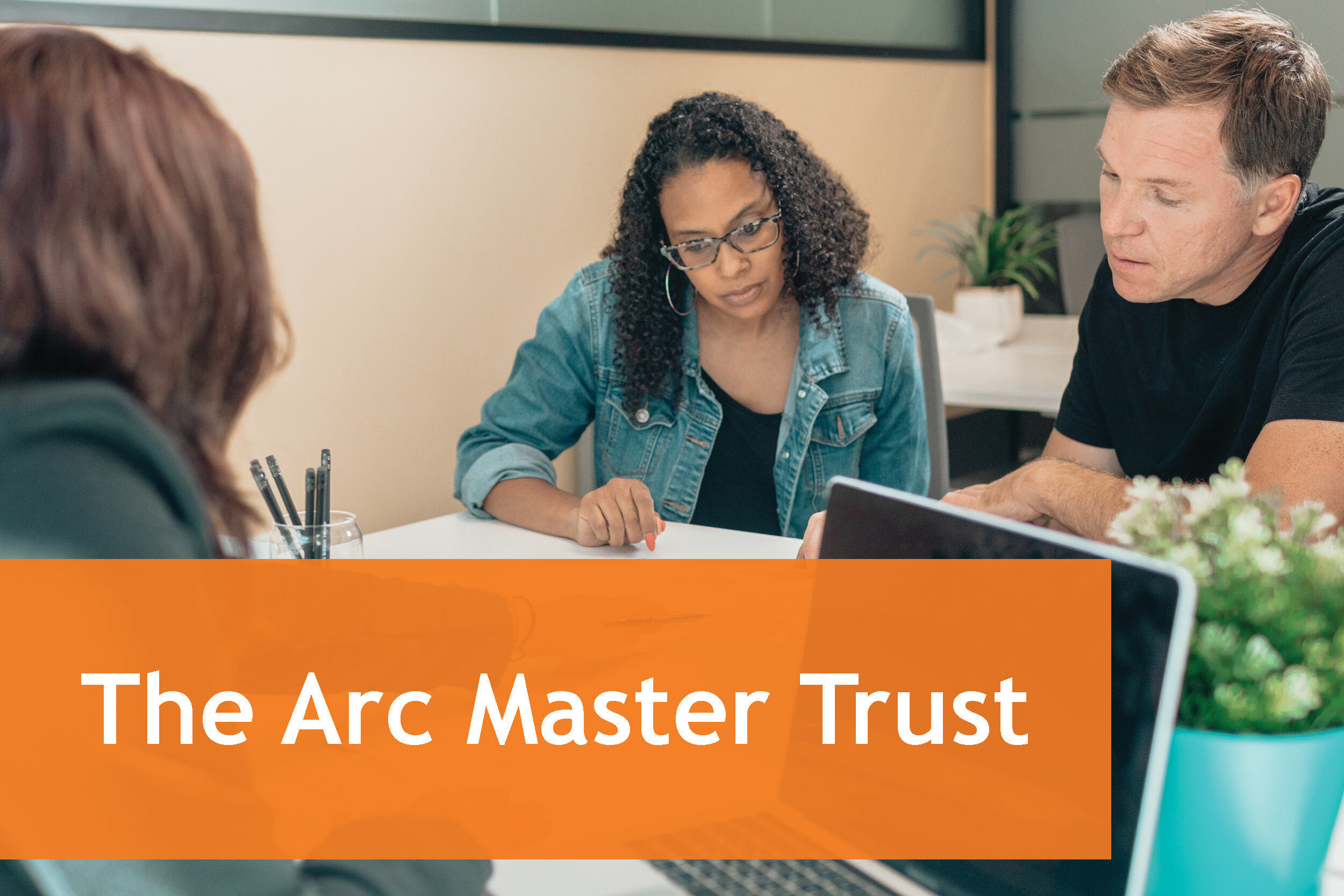
The Arc Master Trust
The Arc of Indiana created The Arc of Indiana Master Trust to help individuals with disabilities and their families establish a legal instrument called a Pooled Special Needs Trust. There are two types of trusts available from The Arc of Indiana Master Trust, Trust I and Trust II. These trusts allow third-parties and first-party contributions, respectively.
Pooled special needs trust allow groups of individuals to pool resources to benefit from professional support in managing and administering special needs trusts. The Arc of Indiana Master Trust has an online portal to help individuals and families manage the assets held in the trust. These trusts are designed to help individuals continue receiving benefits from government assistance programs while being able to maintain a higher quality of life than they otherwise would be able to enjoy.
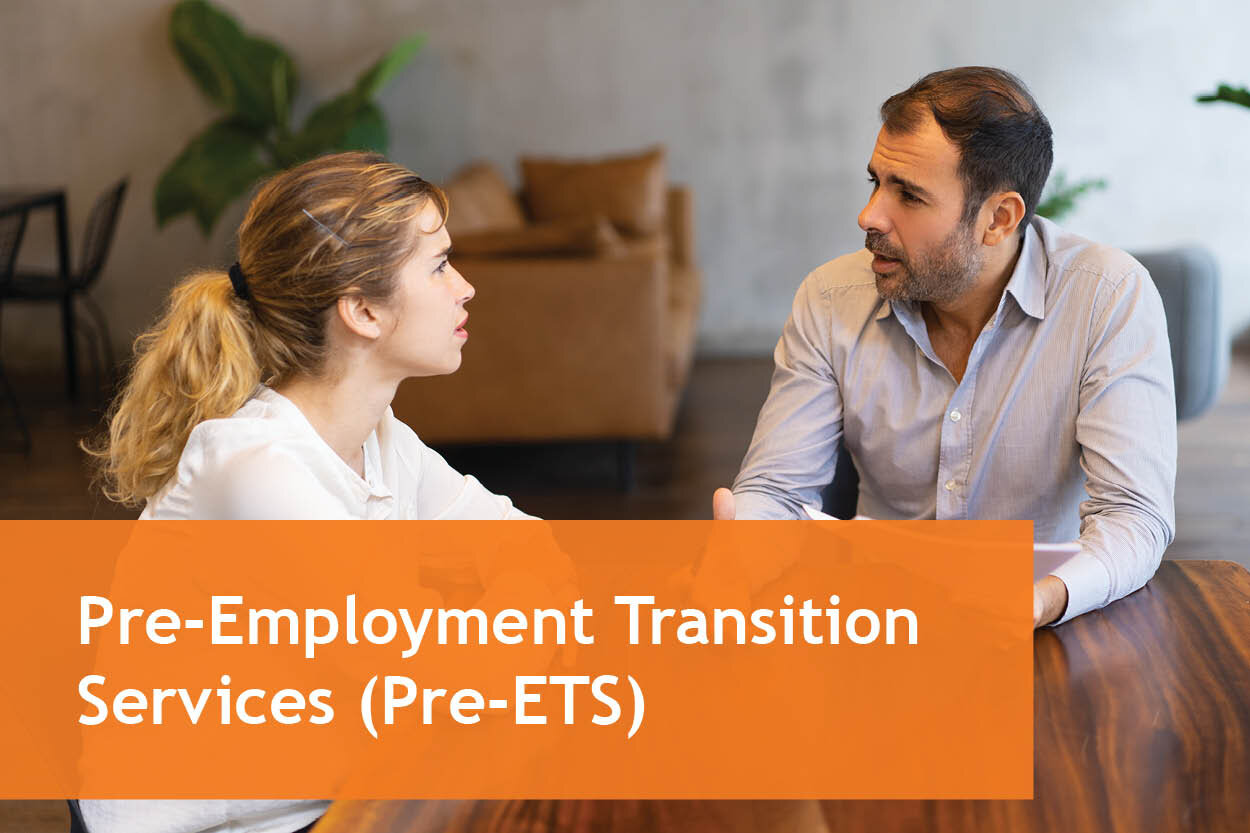
Pre-Employment Transition Services (Pre-ETS)
The structure and support available while attending school isn't as easily accessible after graduation. For students with disabilities, this loss of support can be especially difficult to navigate. To ease the transition from school to the workforce, Pre-Employment Transition Services (Pre-ETS) was created.
Pre-ETS is similar to Vocational Rehabilitation (VR) services, though Pre-ETS services are focused on a younger population. Individuals aged 14 to 22 who are eligible for, and receiving, special education or related services under Part B of the Individuals with Disabilities Education Act (IEP, 504 plan) may be eligible to participate in the Pre-ETS program.

Vocational Rehabilitation (VR) Services (Voc. Rehab.)
State Vocational Rehabilitation (VR) services help individuals with disabilities get job-related skills in order to find and retain employment. The services are wide-ranging and tailored to the individual’s specific needs. Employment service providers across the state provide the services to individuals who are eligible for the program.
The majority of individuals who apply for Vocational Rehabilitation (VR) services (approximately 80%) are found to have the “most significant disabilities” and are eligible to receive services without delay, according to federal law.

Achieving a Better Life Experience (ABLE) Accounts
In December 2014, congress passed legislation (the Stephen Beck Jr. Achieving a Better Life Experience Act of 2014) that created a tax-advantaged financial account which helps individuals with disabilities to pay for disability-related expenses.
Funds in an Achieving a Better Life Experience (ABLE) Account can be used to pay for qualified disability expenses (QDE). Qualified expenses include living expenses, like housing, as well as direct disability-related expenses like assistive technology. These funds can also be invested and earn a return, providing a source of money to pay for expenses throughout the individual’s life.
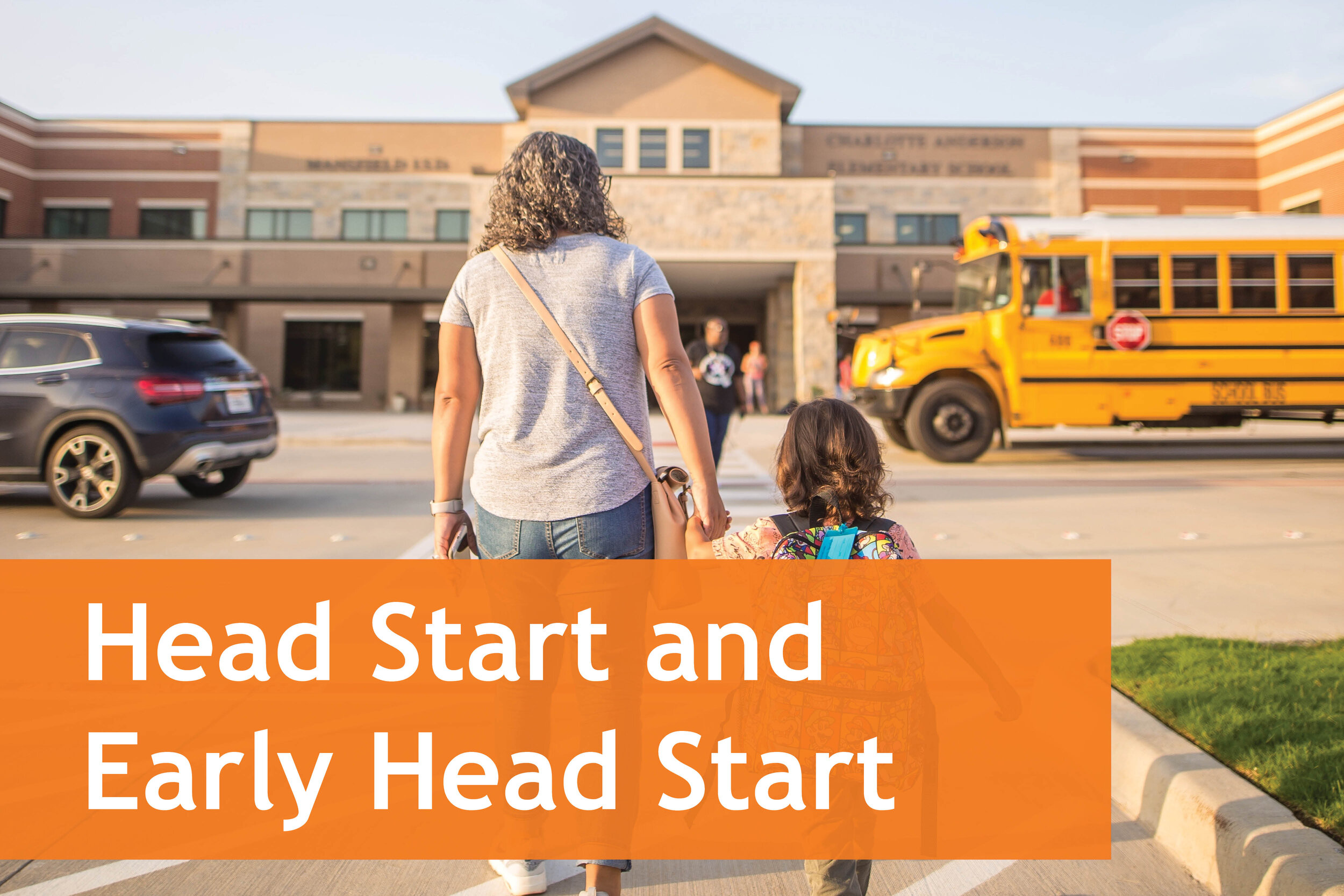
Head Start and Early Head Start
The Head Start and Early Head Start Programs provide services to low-income families and their children prior to reaching school age.
The programs primarily serve families with incomes below the poverty line or 100% of the Federal Poverty Limit (FPL). However, depending on enrollment levels, up to 10% of the enrollment can include children from families earning more than 100% of the Federal Poverty Limit (FPL).
By federal law, the Head Start and Early Head Start program must reserve at least 10% of its total enrollment for children with disabilities.
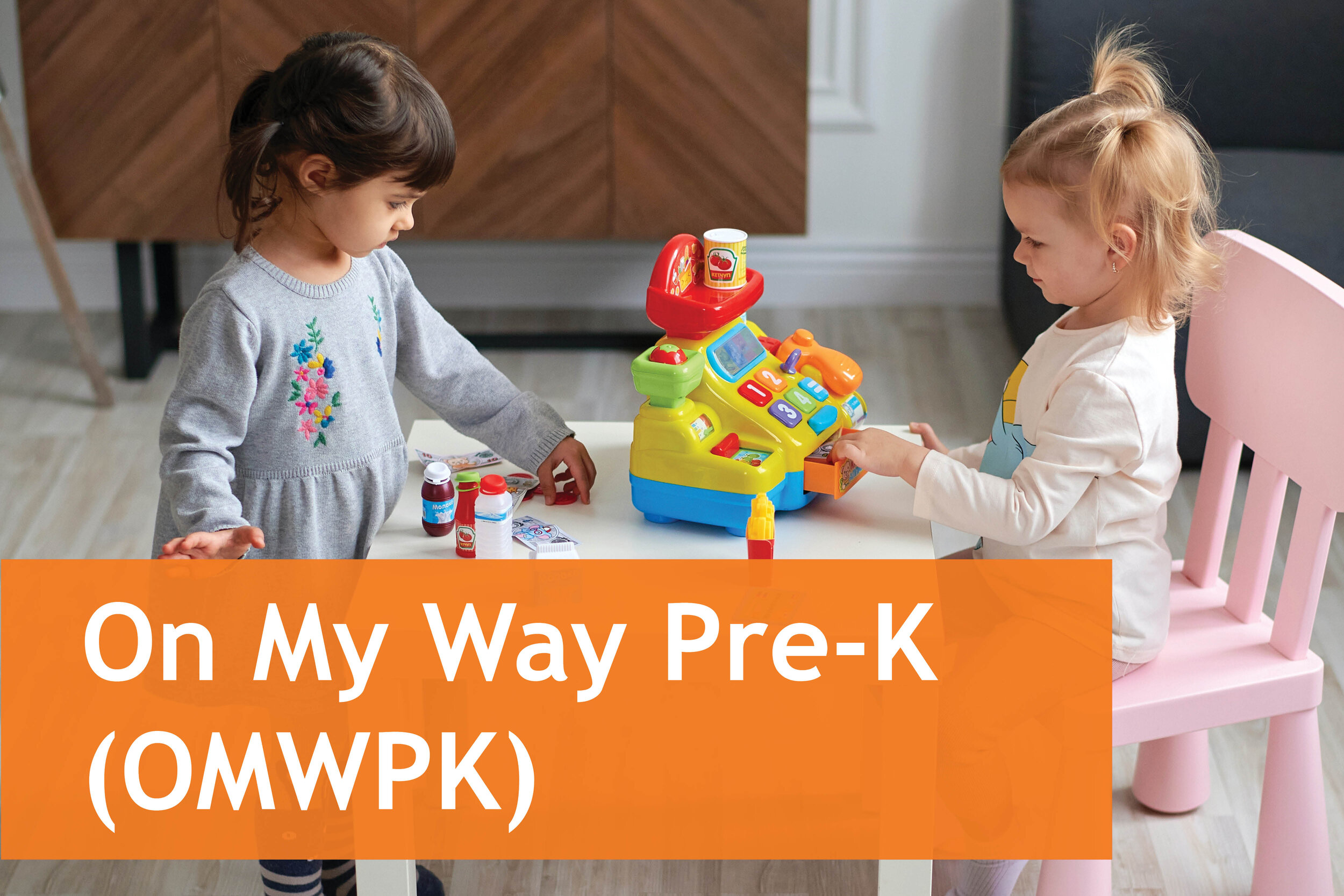
On My Way Pre-K (OMWPK)
The On My Way Pre-K (OMWPK) program helps four-year-old children from low-income families afford high-quality pre-kindergarten education programs.
Families must have income below 127% of the Federal Poverty Level (FPL) to be eligible for the program. Starting in 2020, however, additional slots are available for families up to 185% of the Federal Poverty Level (FPL).
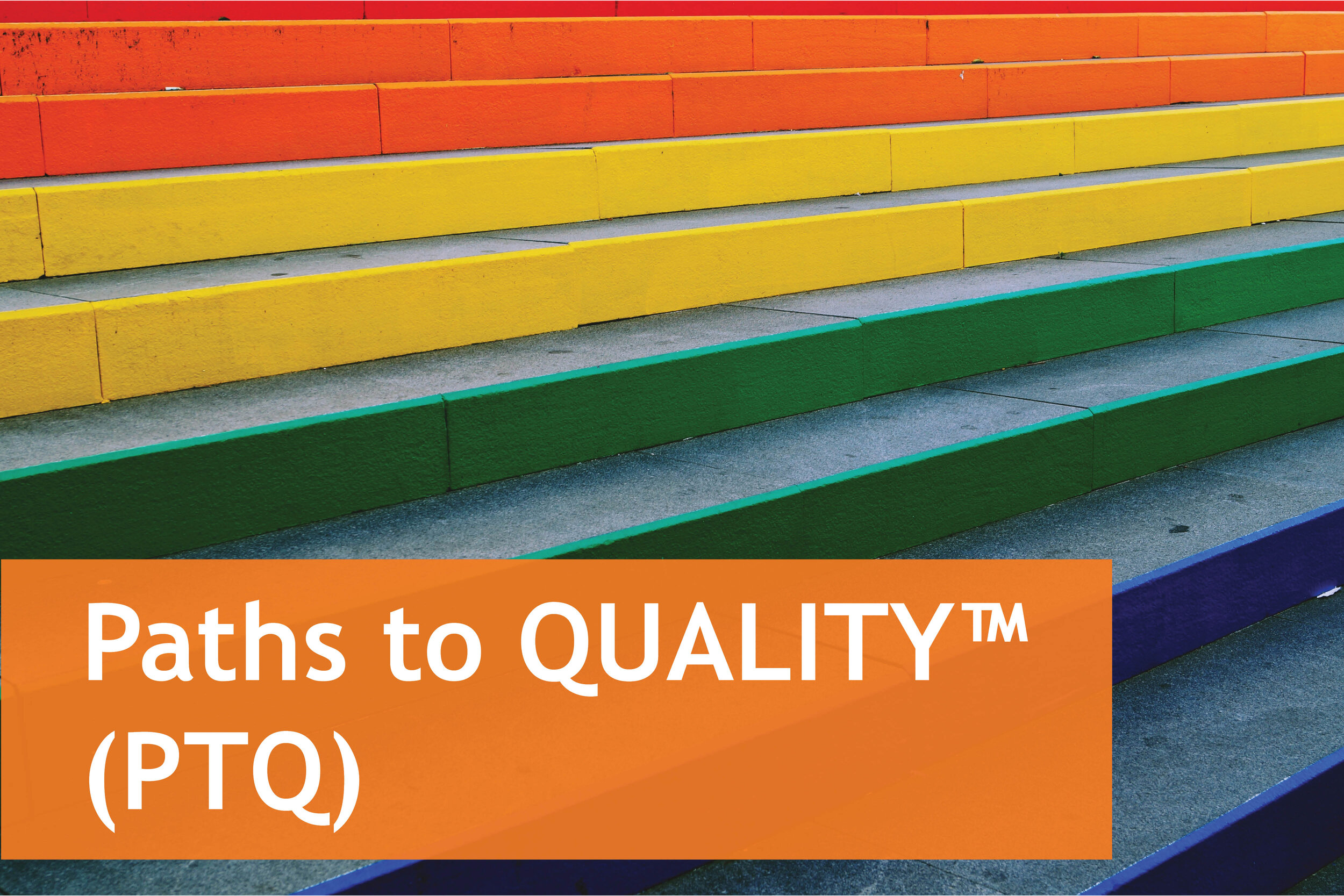
Paths to QUALITY™ (PTQ)
Indiana’s Paths to QUALITY™ (PTQ) system is a voluntary program that provides ratings for child care and early education providers throughout the state.
There are four levels of quality ratings in the system. Child care centers and early education providers with level 3 and level 4 ratings are considered high-quality according to the Child Care and Development Fund (CCDF) and On My Way Pre-K (OMWPK) programs.
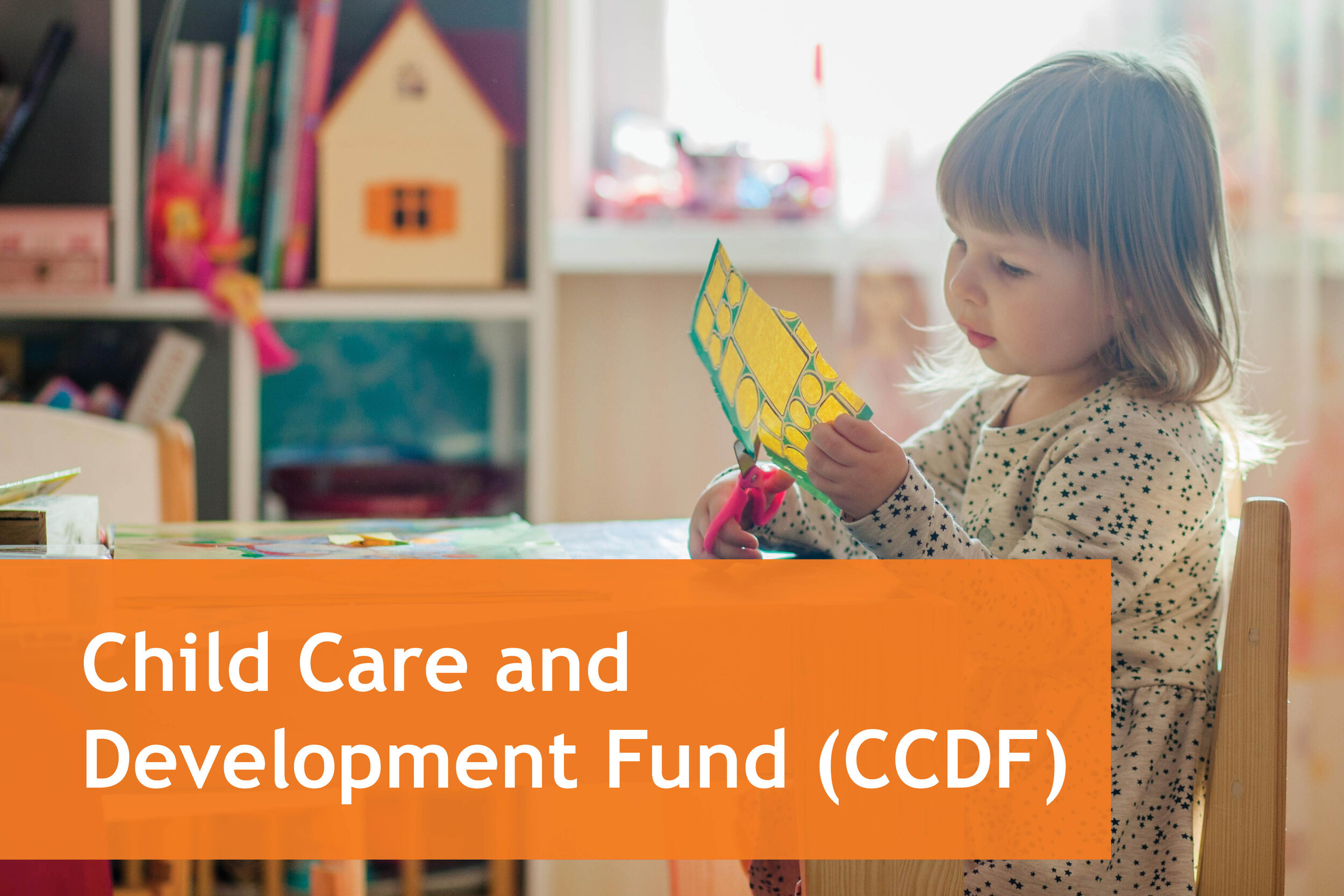
Child Care and Development Fund (CCDF)
The Child Care and Development Fund (CCDF) helps low-income families afford high-quality child care. It provides families with an opportunity to pay a reasonable co-payment based on the family’s income and a sliding fee scale.
Families with income below 100% of the Federal Poverty Level (FPL), who are otherwise eligible for the program, can send children to high-quality child care and early education providers for no cost.
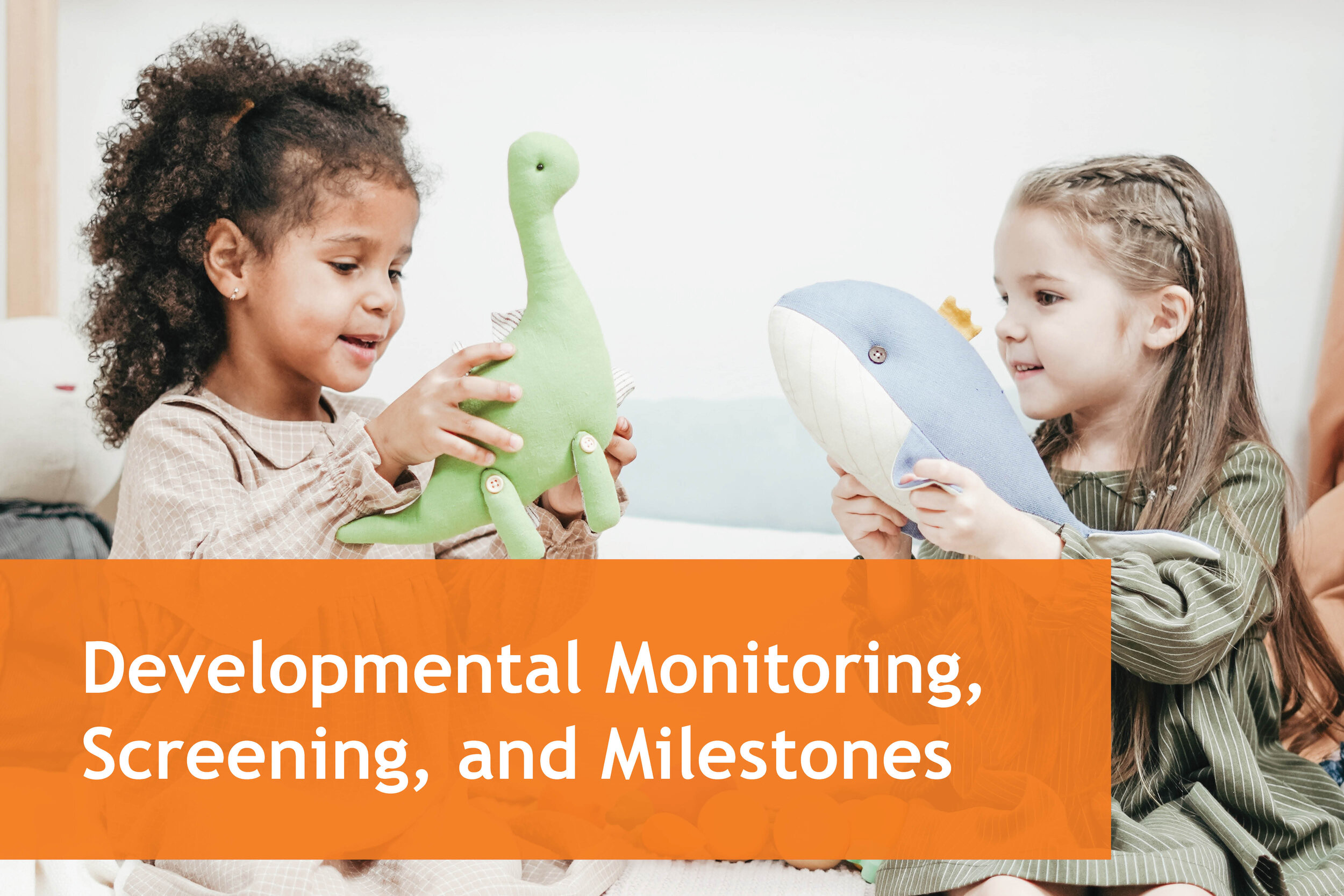
Developmental Monitoring, Screening, & Milestones
A child's early years are full of excitement like crawling and walking for the first time. While it’s necessary that children achieve physical milestones, other less obvious milestones are equally important. Emotional, communication, and cognitive milestones make up the rest of the picture about how a child is developing.
This article describes developmental milestones, monitoring, and screening so you can track your child’s development and understand if they might need extra help along the way.
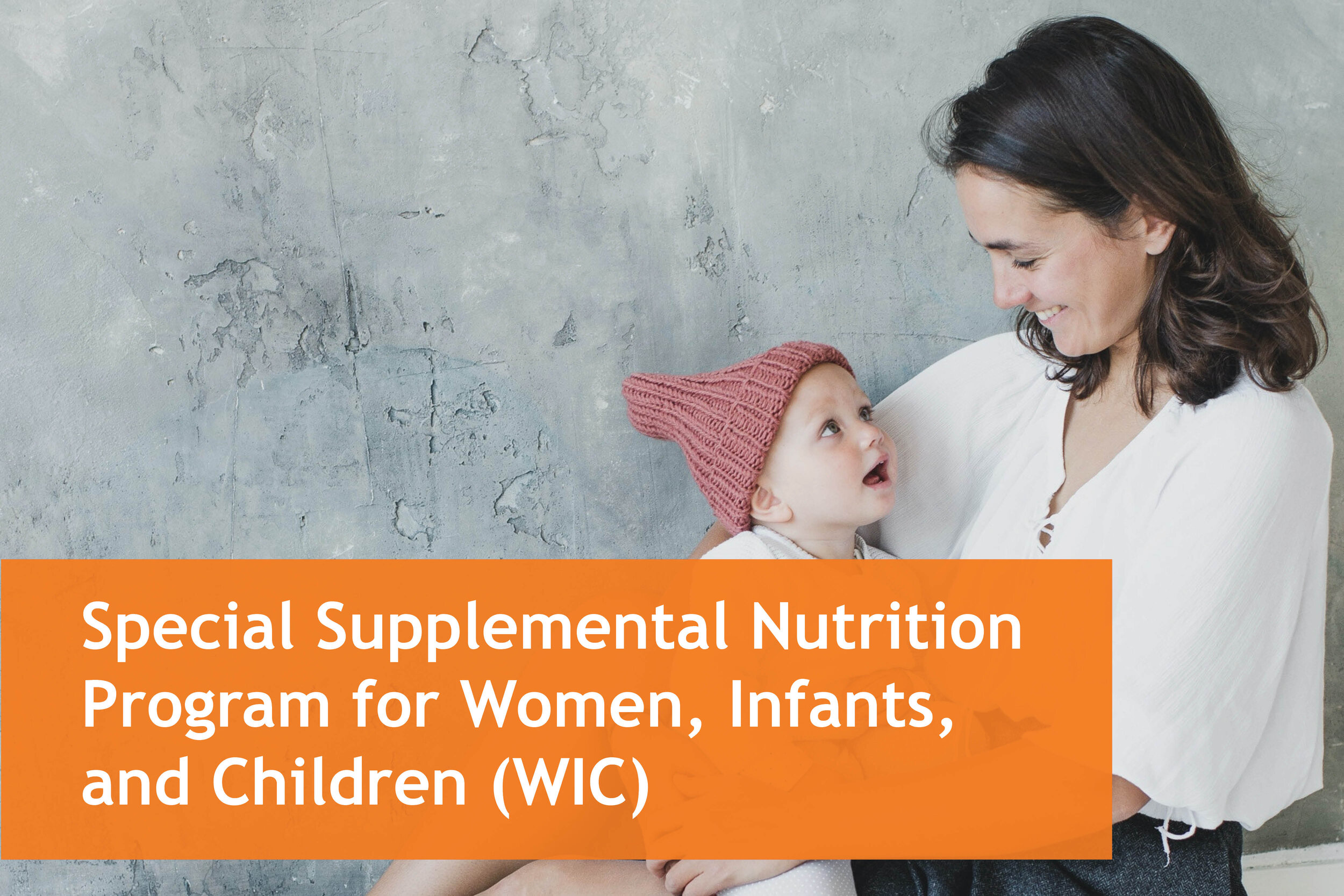
Special Supplemental Nutrition Program for Women, Infants, and Children (WIC)
The Special Supplemental Nutrition Program for Women, Infants, and Children (WIC) provides nutrition-related services to nearly 150,000 women and children in Indiana each month. Families who are eligible for the program receive an Electronic Benefits Transfer (EBT) card that can be used to buy healthy foods directly from businesses.
The program also helps families get support for breastfeeding, referrals for health and social services, immunization screenings and referrals, and other health and nutrition-related information. Program staff meet with clients to review current nutritional habits, provide advice to improve, and support clients in making healthier decisions related to the foods they eat.
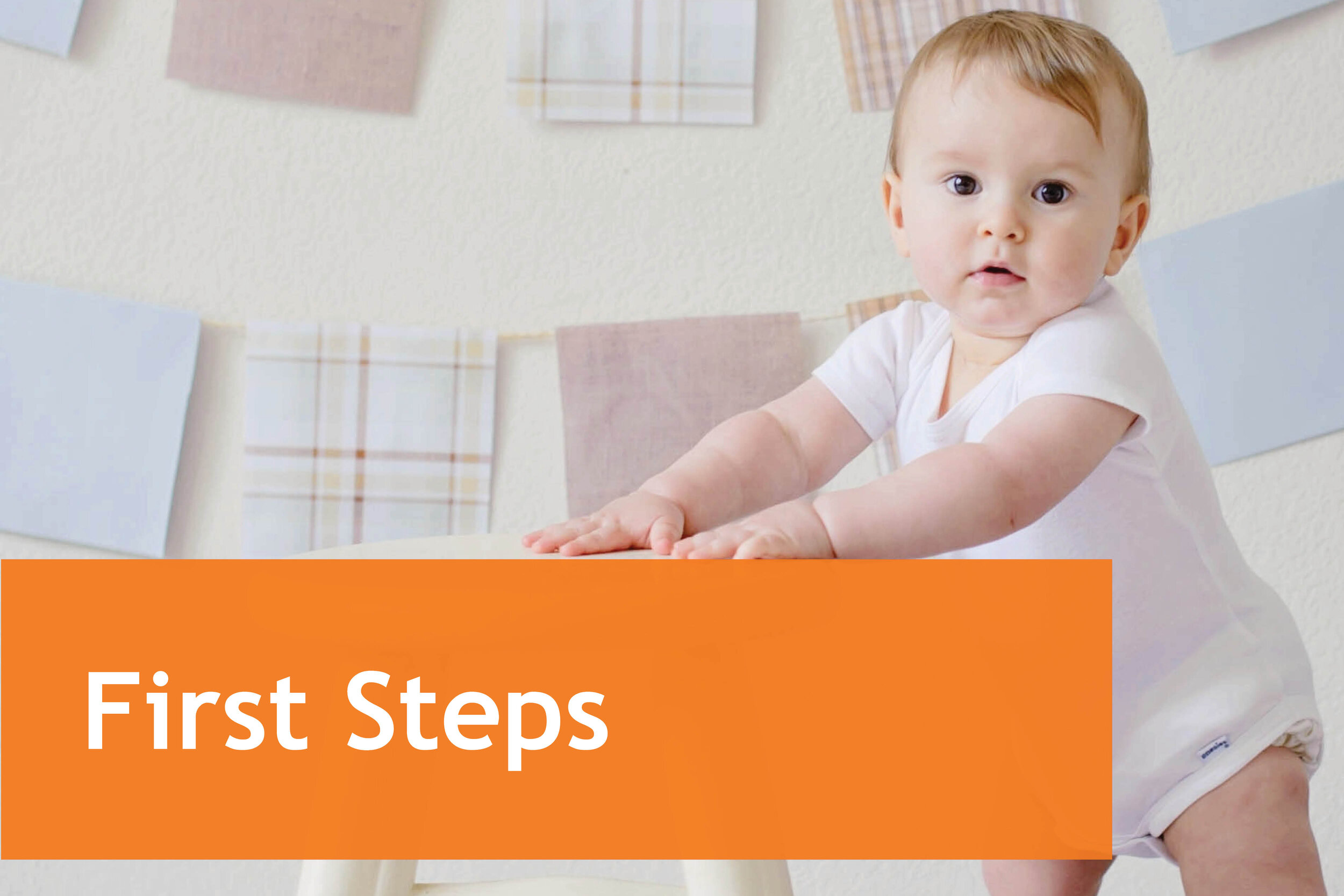
First Steps
Indiana's early intervention program is called First Steps. Early intervention means children get help as early as possible so they can stay on track with their development. First Steps will connect families with the services their children need.
There are two First Steps providers serving Bartholomew County. These providers help you get the services your child needs so they can live a happy, healthy life.

Aging Resources
Advances in medical technology are helping individuals live longer, healthier lives. For people with intellectual or developmental disabilities, this improvement is even more apparent. Long-term planning for these individuals must include the possibility that they'll live decades longer than those born just one generation earlier.
Thankfully many of the same government programs available to middle-aged adults remain available as they reach later stages of life. Here you'll find in-depth articles describing resources that support individuals aged 60 and older.
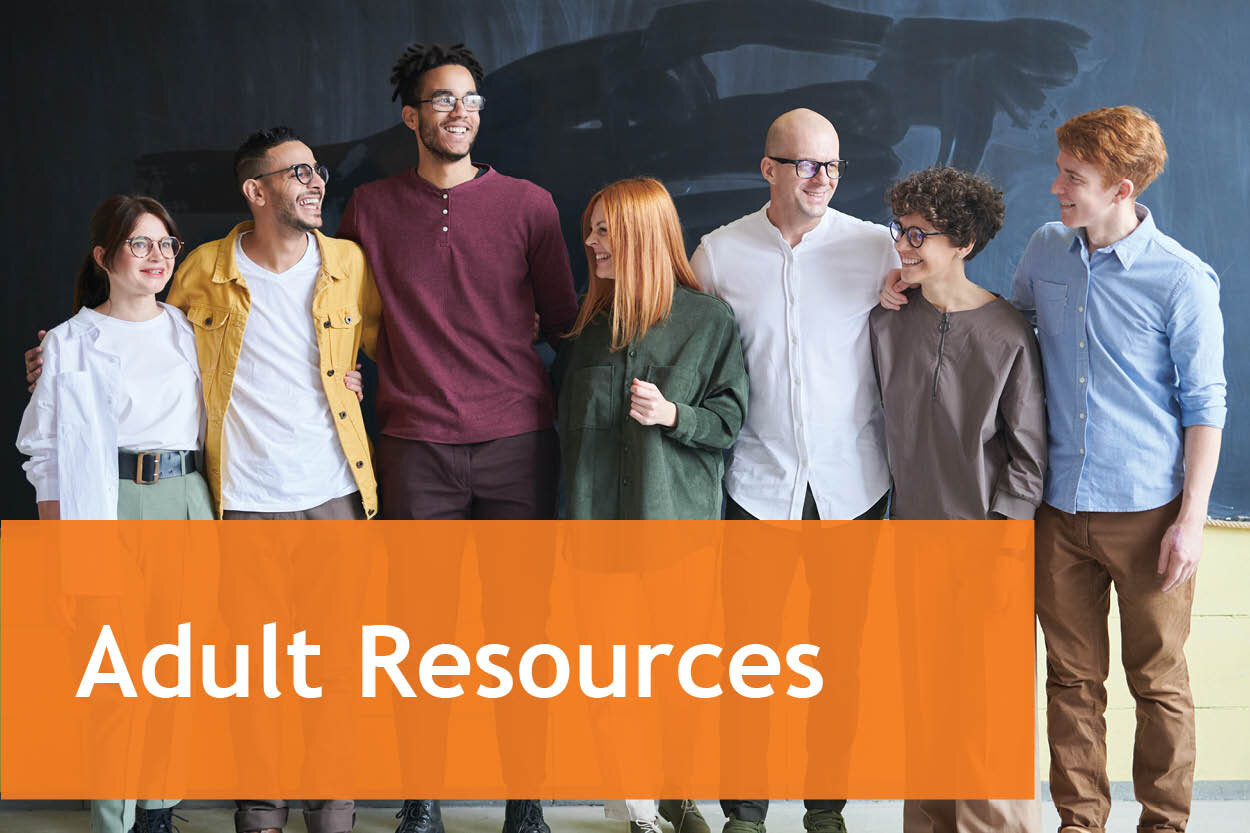
Adult Resources
A person with an intellectual or developmental disability loses many of the supports previously available to them when they were a student. The transition to adulthood is a challenge for nearly everyone, but this is especially true for individuals with special needs.
Long-term planning becomes urgent and serious deadlines start to appear, like the medical diagnosis for Medicaid Waivers or the birthday where a child can no longer remain on his or her parent's health insurance.
The resources referenced here can help an individual achieve a fulfilling life and avoid unnecessary hardships.
